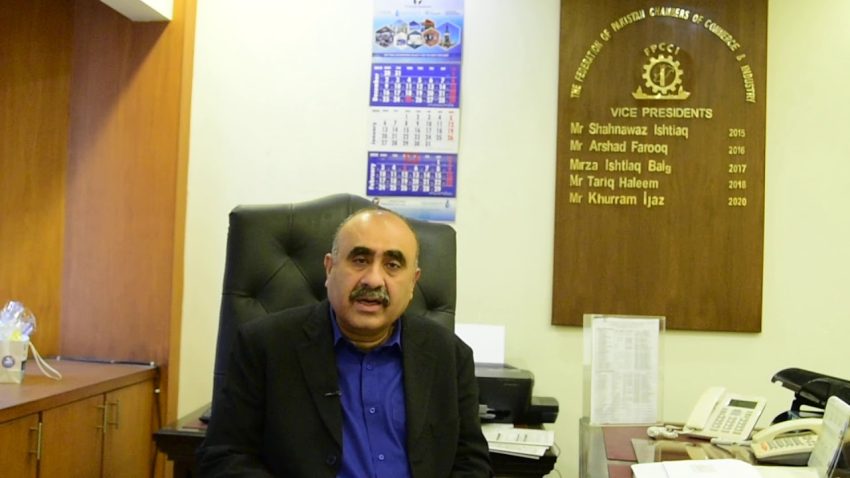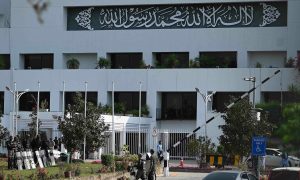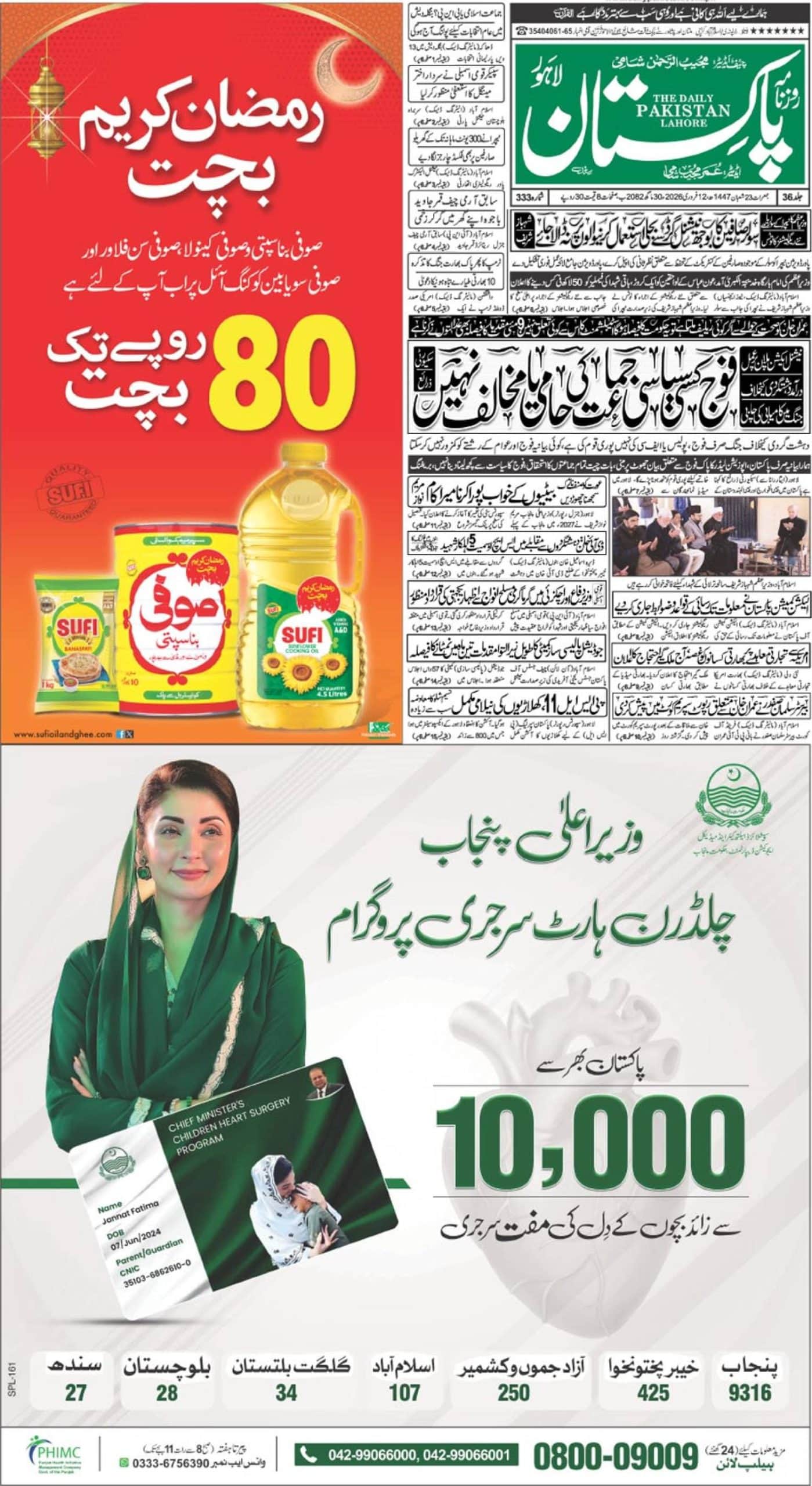KARACHI – Former Vice President of the Federation of Pakistan Chambers of Commerce & Industry(FPCCI) and Secretary General of the ruling Businessmen Panel at FPCCI, Khurram Ijaz, has urged the Sindh Government to allocate billions of rupees collected under the Infrastructure Cess towards the development of Karachi’s deteriorating infrastructure. He emphasized that if these funds are properly invested in the city’s roads, drainage systems, and port access routes, Karachi’s long standing civic and logistical challenges could be resolved.
Highlighting Karachi’s pivotal role as Pakistan’s economic hub and port city, Khurram Ijaz noted that over 90% of the country’s imports and exports are routed through Karachi. However, he lamented that the city’s infrastructure collapses even after a single day of rainfall. The recent downpour left thousands of vehicles stranded for hours due to broken drainage systems and damaged roads, paralyzing the entire logistics chain and causing substantial financial losses to importers, exporters, and transporters.
Khurram Ijaz revealed that the Sindh Government collected Rs.160 billion in Infrastructure Cess during the fiscal year 2024–25. Over a five-year period, this figure amounts to Rs.800 billion. Despite this massive revenue, Karachi’s infrastructure remains incapable of withstanding even minimal weather disruptions.
He explained that the Infrastructure Cess is collected automatically through the computerized customs system without any additional effort or expenditure from the Sindh Government. The tax, imposed at a rate of 1.85% on all imports and exports, is deposited directly into the provincial treasury at the time of customs GD (Goods Declaration) filing—regardless of weekends or holidays.
According to Ijaz, the annual collection of Rs.160 billion translates to a monthly average of Rs.13.33 billion, a daily average of Rs.438 million (based on 365 days), and Rs.533 million per working day. “This means the Sindh Government receives nearly half a billion rupees every day without any extra effort, yet Karachi’s infrastructure cannot survive a single day of rain,” he remarked.
The recent rainfall, he added, has once again exposed the fragile condition of port access roads, city streets, and drainage systems. He called on the Sindh Government to allocate a fixed and reasonable portion of the Infrastructure Cess revenue specifically for the improvement of Karachi Port and surrounding areas. The remaining funds may be used for other provincial projects, but strictly for infrastructure development.
He also demanded the publication of an annual report detailing the total revenue collected and its utilization across various projects. “The business community is not seeking exemptions or favors,” he clarified. “We simply want the funds collected in the name of infrastructure to be genuinely used for infrastructure enhancement, which will ultimately facilitate Pakistan’s trade and economy.”
He concluded by asserting that the Sindh Government possesses the necessary financial resources, and what is required now is their proper, transparent, and corruption-free utilization.














